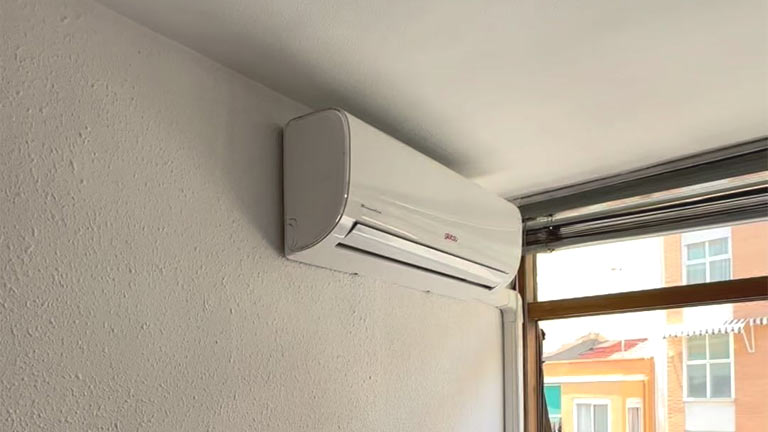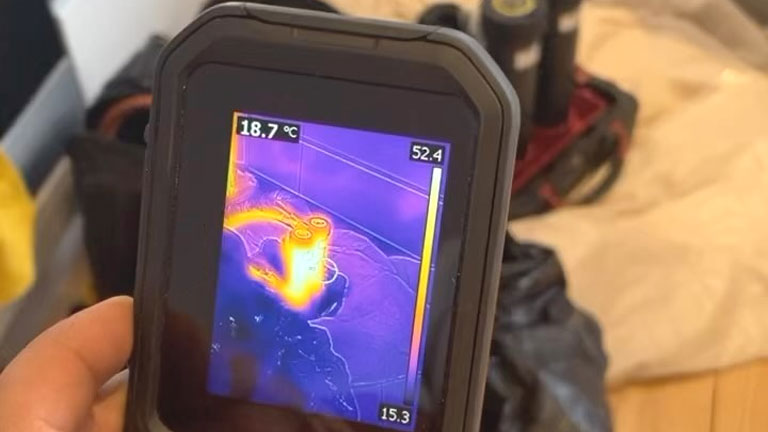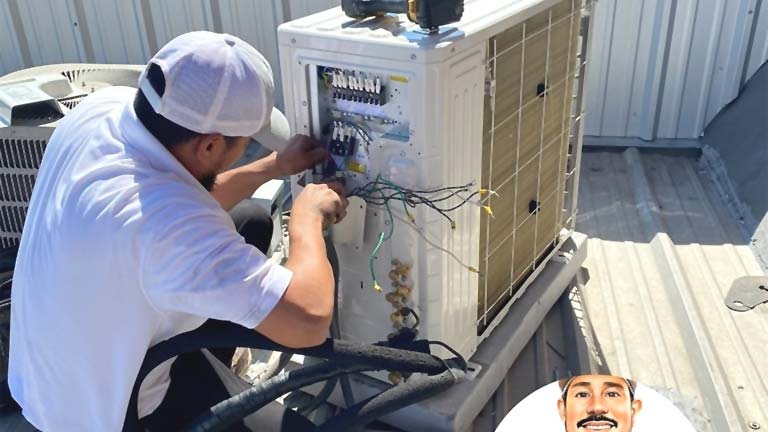
As temperatures soar and the summer heat becomes unbearable, your air conditioner becomes your greatest ally in maintaining a cool and comfortable indoor environment.
To ensure your AC unit operates at its best and provides efficient cooling throughout the season, regular maintenance is essential. Call AC repair to fix problems before the season starts, to avoid any trouble during the season.
In this comprehensive guide, we will walk you through the step-by-step process of caring for your air conditioner, helping you achieve optimal performance, energy efficiency, and longevity.
Cleaning and Changing Air Filters
One of the most crucial maintenance tasks for your air conditioner is regularly cleaning or replacing its air filters. Clogged and dirty filters restrict airflow, reducing the system’s efficiency and forcing it to work harder, which can lead to increased energy consumption and potential damage. Aim to clean or change your filters every 1-2 months, especially during peak cooling seasons.
Clearing Debris from Outdoor Unit
The outdoor unit often called the condenser unit, can accumulate debris like leaves, twigs, and dirt. Regularly inspect and clean the area around the unit, ensuring there is at least 2-3 feet of clear space around it to allow proper airflow. Remove any obstructions that could hinder the unit’s performance.
Checking and Cleaning Evaporator and Condenser Coils
Dirty coils can greatly diminish the efficiency of your air conditioner. Clean the evaporator and condenser coils annually to maintain their optimal performance. Use a soft brush or a vacuum cleaner to remove dirt and debris gently. For deep cleaning, consider seeking professional help.
Inspecting and Cleaning the Drain Line
Over time, the drain line can become clogged with algae, mold, and debris. A clogged drain line can cause water leakage and potential damage to your AC system. Inspect the drain line regularly and clear any blockages using a mixture of bleach and water or by using a specialized drain cleaner.
Testing and Calibrating Thermostat
Ensure your thermostat is accurately reading and maintaining the desired temperature. Check and replace the thermostat batteries if necessary. Consider upgrading to a programmable or smart thermostat to optimize energy usage and create customized cooling schedules.
Lubricating Moving Parts
Some air conditioner components, such as motors and fans, require lubrication to reduce friction and prevent premature wear. Check your manufacturer’s guidelines for lubrication points and use the recommended lubricants for smooth operation.
Examining Electrical Connections
Inspect the electrical connections and terminals to ensure they are secure and free from corrosion. Faulty connections can lead to electrical issues, malfunctions, or even system failures. If you find any concerns, consult a professional technician for repairs.
Checking and Recharging Refrigerant
If your AC system uses refrigerant, low levels could indicate a leak or improper charge, affecting cooling performance. Refrigerant adjustments require professional expertise, so contact a licensed HVAC technician for inspections and recharging if needed.
Testing the Start-Up and Shut-Down Sequences
Periodically test your air conditioner’s start-up and shut-down sequences to ensure smooth operation. Unusual noises, delays, or irregularities might signal underlying issues that require attention.
Conclusion
Taking care of your air conditioner through regular maintenance not only improves its performance and energy efficiency but also extends its lifespan, ultimately saving you from costly repairs and replacements. Following the steps outlined in this ultimate guide will help keep your air conditioner in peak condition, allowing you to enjoy a comfortable and refreshing indoor environment all summer long. Remember, if you encounter any complex issues or need professional assistance, don’t hesitate to contact a qualified HVAC technician for a thorough inspection and repairs.




